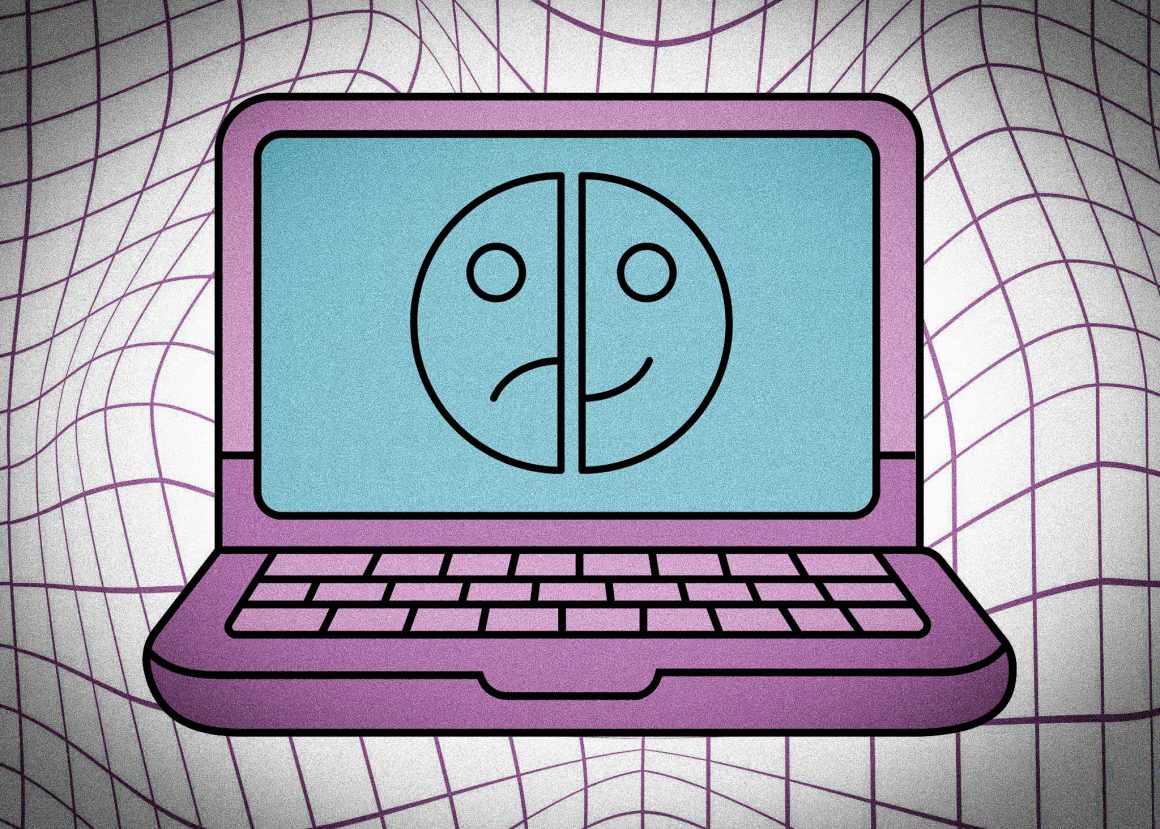
Why are teens faking rare psychiatric disorders online?
By Josie Simon, November 8 2024—
In a world where social media dominates our communication and self-identity, a concerning trend has emerged among teens: the rise of faked mental illnesses. What was once a rare phenomenon has snowballed into a digital epidemic fueled by platforms such as TikTok, where the desire for validation and connection can eclipse genuine health experiences. But why are teens engaging in this alarming behaviour? The answer lies in a combination of factors, including social contagion, the quest for belonging and a response to the inherent pressures of modern adolescence.
The catalyst for this trend can often be traced back to the seductive nature of social media. For many teens, particularly during the isolating years of the COVID-19 pandemic, platforms like TikTok became an escape and an avenue for self-expression. As teenagers scrolled through endless streams of content, they encountered videos discussing a range of mental health conditions—everything from anxiety and depression to less common disorders like dissociative identity disorder (DID) and functional tics. The algorithms, designed to promote content that sparks engagement, inadvertently encourage the spread of both accurate and misleading information about mental health.
Researchers have noted a troubling surge in self-diagnosis and misguided sympathy among teen users. Many young people latch onto the stories presented on social media, often equating relatable symptoms with an official diagnosis. This misfire can lead to harmful consequences, as teenagers may embrace a diagnosis as part of their identity, sometimes capitalizing on the attention and empathy it brings. They find community in their supposed struggles, but too often, these connections are based on inauthentic premises.
The phenomenon is not limited to mere misunderstanding; it can create a twisted culture where a desire for attention overshadows authenticity. This leads to the emergence of what experts term “Munchausen by Internet,” a digital form of factitious disorder where individuals portray themselves as ill for emotional gain or validation. Unlike classic disorders, many who engage in this behaviour may not consciously recognize the seriousness of their actions or their underlying motivations. They seek connection in a fractured digital landscape, using fabricated narratives to garner support from strangers who offer virtual sympathy and companionship.
Social media can birth “TikTok Tics”—an ironic expression of real concern, as many individuals adopt symptoms they’ve seen performed in videos, often without proper understanding of the underlying issues. Neurologists have noted an uptick in young patients presenting with tics—conditions that may not have an organic basis but instead reflect a social contagion, where behaviours spread among group members, similar to a viral trend instead of a scientifically recognized illness.
Take teens like Kianna from Baltimore, who sank into the depths of social media; an overwhelming amount of content fueled a cycle of self-criticism and identity reflection. While engrossed in trending mental health topics, Kianna convinced herself she exhibited symptoms of depersonalization disorder. This shift from mere curiosity to identifying with a disorder highlights a societal change where mental illnesses are romanticized and treated as personality traits rather than approached with the seriousness and understanding they deserve.
The consequences of this trend can be devastating. Professionals like Dr. Larry Mitnaul highlight the danger of misdiagnosis among teens, noting that in his practice, kids arrive with preconceived notions about their conditions based on TikTok videos. This can set them on a path toward unnecessary medications and treatments for disorders they may not genuinely have. Claims of DID or borderline personality disorder become particularly alarming as these complex conditions are not only serious but often require years of therapeutic intervention.
Social media’s feedback loop reinforces this behaviour. Positive reinforcement for self-expression can lead individuals to exaggerate or fabricate symptoms to maintain attention, driven by a desire to feel “special.” Ironically, in seeking identity through these diagnoses, many hide their actual need for connection and understanding during adolescence.
As social media shapes our perception of identity and wellness, it is important to urge teens to seek authenticity—not through likes or followers, but through genuine emotional health and real connections. Dismantling a culture that glamorizes the sick role is crucial to addressing the epidemic of faked mental illnesses online.
This article is a part of our Opinions section and does not necessarily reflect the views of the Gauntlet editorial board.
